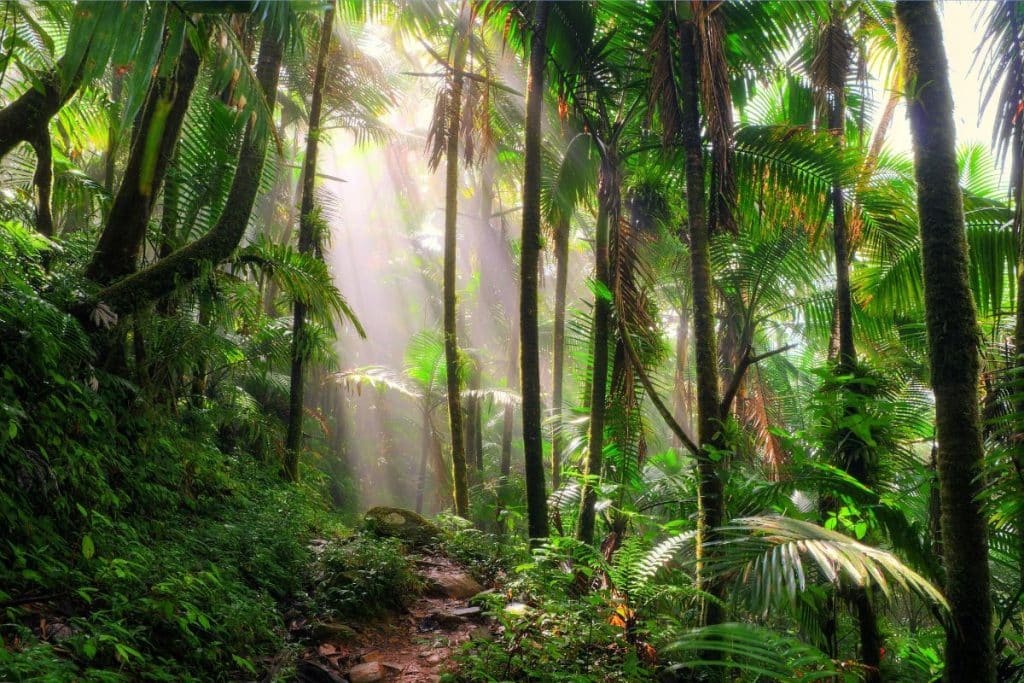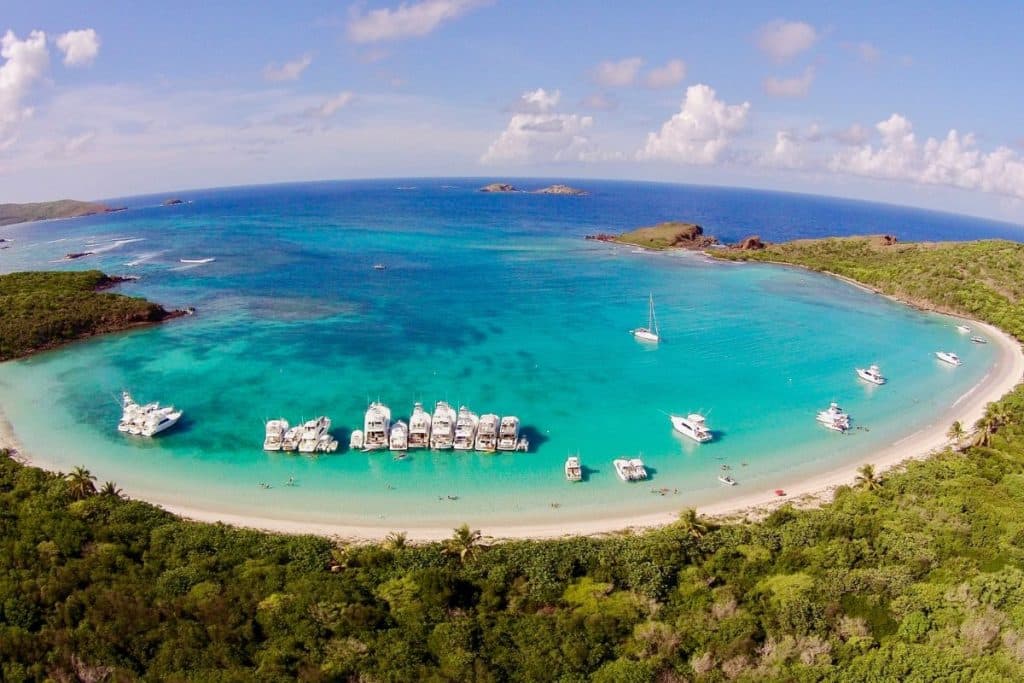Puerto Rico offers picturesque landscapes that are unique to North America, including green mangrove forests, white sand beaches and towering mountains.
Do not miss the treasure trove of natural wonders on this history-rich Caribbean island if you are a die-hard nature lover planning your next vacation.
Bosque Estatal de Boquerón
Bosque Estatal de Boquerón is a 5,000-acre park south of the picturesque coastal city of Mayagüez that is home to a variety of wildlife, interesting history and beautiful scenery. The towering Faro Los Morrillos de Cabo Rojo, also known as Los Morrillos Lighthouse, is a particularly fascinating attraction for history buffs. It was built in 1882 to help sailors navigate the Mona Passage. Although the nature reserve’s vast salt marshes are its most famous feature, a variety of native birds can be seen in the mangrove forests that line the coast.
Piscinas Naturales de Manatí
The appropriately named Natural Pools of Manatí, located in the municipality of Manatí, offer tourists a much-needed respite after an exhausting day in the Caribbean heat. These rocky coves, sculpted over time by wind, rain and tides, fill with seawater as waves crash against the shore, and the area teems with native crabs and fish.
Bosque Estatal de Toro Negro
Puerto Rico hosts a variety of prime ecotourism sites, but for birdwatchers in particular, Toro Negro State Forest is the only place to see one of the island’s most sought-after endemic subspecies. While bird-shy visitors can spend their time hiking through the wilderness to discover roaring waterfalls and peaceful ponds, others can discover colorful native birdlife such as the northern parrot, mangrove cuckoo and Puerto Rican mango.
Bosque Nacional El Yunque

The vast El Yunque National Forest, which covers more than 28,000 hectares, is Puerto Rico’s crown jewel of biodiversity and is home to an enormous variety of native flora and fauna that tourists can visit. The area is home to many typically Puerto Rican animals, including the bananaquit, the Puerto Rican owl and the coquí, a type of whistling frog. One bird, however, can only be seen by the luckiest of hikers. With only 23 birds documented on the island in 1989, the Puerto Rican parrot, listed as critically endangered by the U.S. government, is on the verge of extinction.
Culebra

Culebra, may not be the most accessible place in Puerto Rico but the stunning beaches and fantastic snorkeling make the trip worthwhile. This tiny landmass, located about 20 miles east of the main island, is a haven for traveling wildlife enthusiasts thanks to its 1,450 acres. Culebra National Wildlife Refuge is home to sea turtles and numerous seabirds that nest there.



